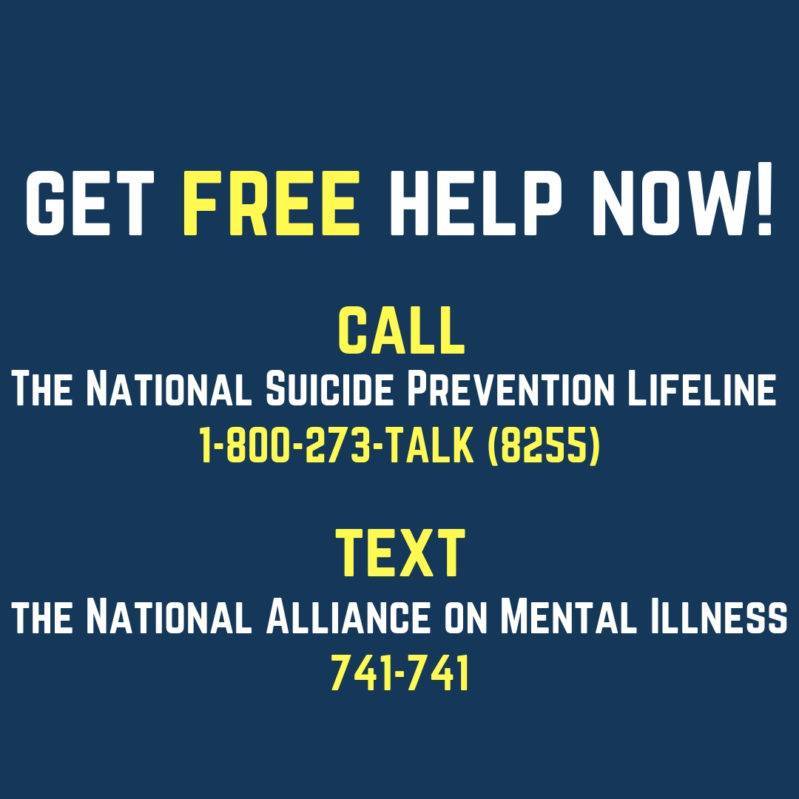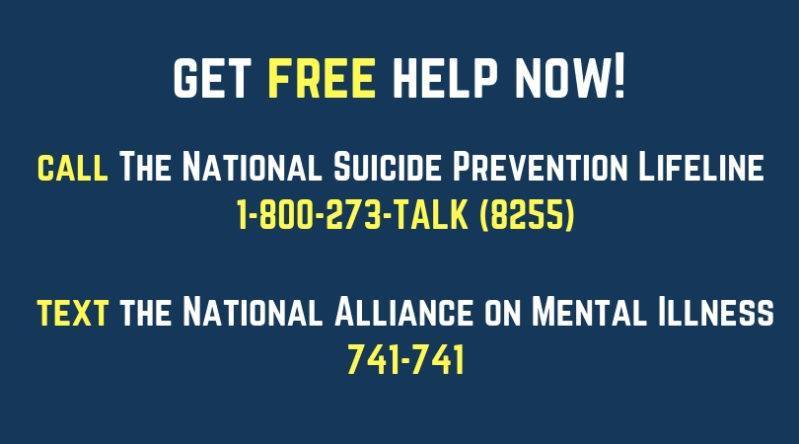
Suicide Prevention: Remembering There is Help and There is Hope
By: Boone County Health Center
Each year more than 41,000 individuals die by suicide, according to the National Alliance on Mental Illness (NAMI). Suicide is the 10th leading cause of death among adults in the U.S. and the 2nd leading cause of death among people aged 10-24.
“Suicidal thoughts or behaviors are a health emergency,” said Sheri Dawson, director of the Division of Behavioral Health at the Department of Health and Human Services (DHHS). “Someone experiencing these thoughts should seek immediate assistance from a health or mental health care provider. Mental health issues are every bit as serious as a heart attack or serious illness. If you or someone you know is thinking about killing themselves, call The National Suicide Prevention Lifeline at 1-800-273-TALK (8255) or call 911 immediately.”
Those uncomfortable with talking on the phone can also text NAMI to 741-741 to be connected to a free, trained crisis counselor.
What to Do If You Think Someone is Thinking About Suicide:
• Show them you care
• Ask the question “are you thinking about suicide?”
• Assure them there is help and hope and that treatment works.
Know the Warning Signs: You May Save A Life
• Threats or comments about killing themselves, also known as suicidal ideation, can begin with seemingly harmless thoughts like “I wish I wasn’t here” but can become more overt and dangerous
• Increased alcohol and drug use
• Aggressive behavior
• Social withdrawal from friends, family and the community
• Dramatic mood swings
• Talking, writing or thinking about death
• Impulsive or reckless behavior
Is There Imminent Danger?
Any person exhibiting these behaviors should get care immediately:
• Putting their affairs in order and giving away their possessions
• Saying goodbye to friends and family
• Mood shifts from despair to calm
• Planning, possibly by looking around to buy, steal or borrow the tools they need to complete suicide, such as a firearm or prescription medication
Risk Factors for Suicide
Research has found that about 90 percent of individuals who die by suicide experience mental illness. A number of other things may put a person at risk of suicide, including:
• A family history of suicide.
• Substance abuse. Drugs and alcohol can result in mental highs and lows that intensify suicidal thoughts.
• Intoxication. More than one in three people who die from suicide were intoxicated.
• Access to firearms.
• A serious or chronic medical illness.
• Gender. Although more women than men attempt suicide, men are four times more likely to die by suicide.
• A history of trauma or abuse.
• Prolonged stress.
• Isolation.
• Age. People under age 24 or above age 65 are at a higher risk for suicide.
• A recent tragedy or loss.
• Agitation and sleep deprivation
It’s important to remember that behavioral health is essential to health, prevention works, treatment is effective and people do recover.

